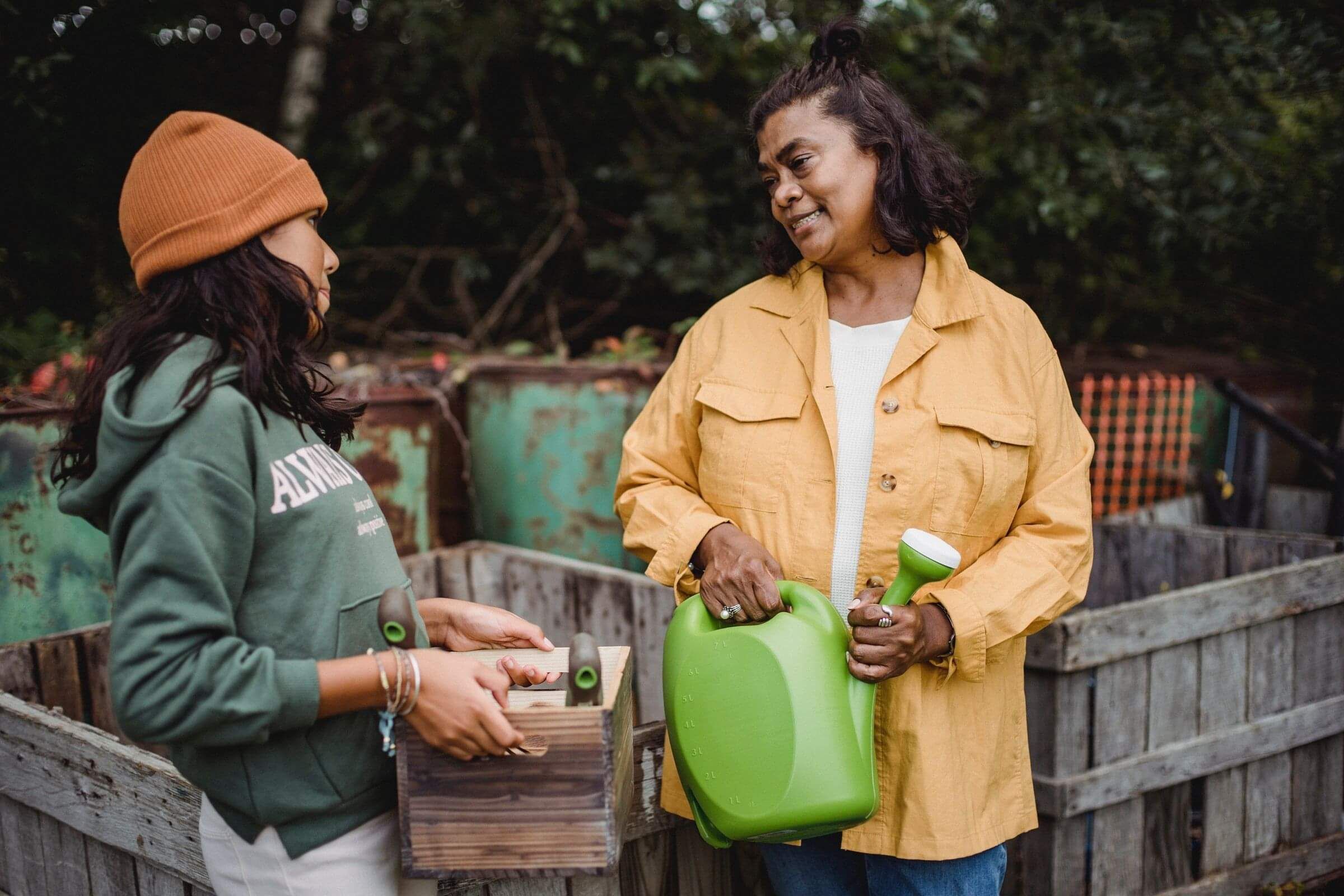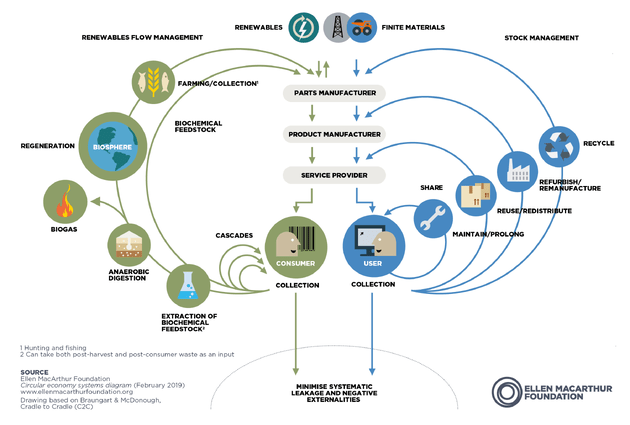Frequently Asked Questions on Biochar (FAQs)
How much do I need?
- For garden beds
- For compost
Our products
- How are Char Bro's products different?
- Why do some products sell out?
- Are Char Bro's mixes organic?
- What can I do with the packaging?
- Can you ship biochar to me?
Biochar
- What's the difference between biochar, horticultural charcoal, activated carbon, charcoal and biocoal?
- What are some of the benefits of biochar for my garden?
- What's the price of biochar in New Zealand? Is it worth it?
Charging and Inoculating Biochar
- How can biochar be used in compost?
- How can I charge and inoculate biochar?
- What soils does biochar work best with?
Climate Change
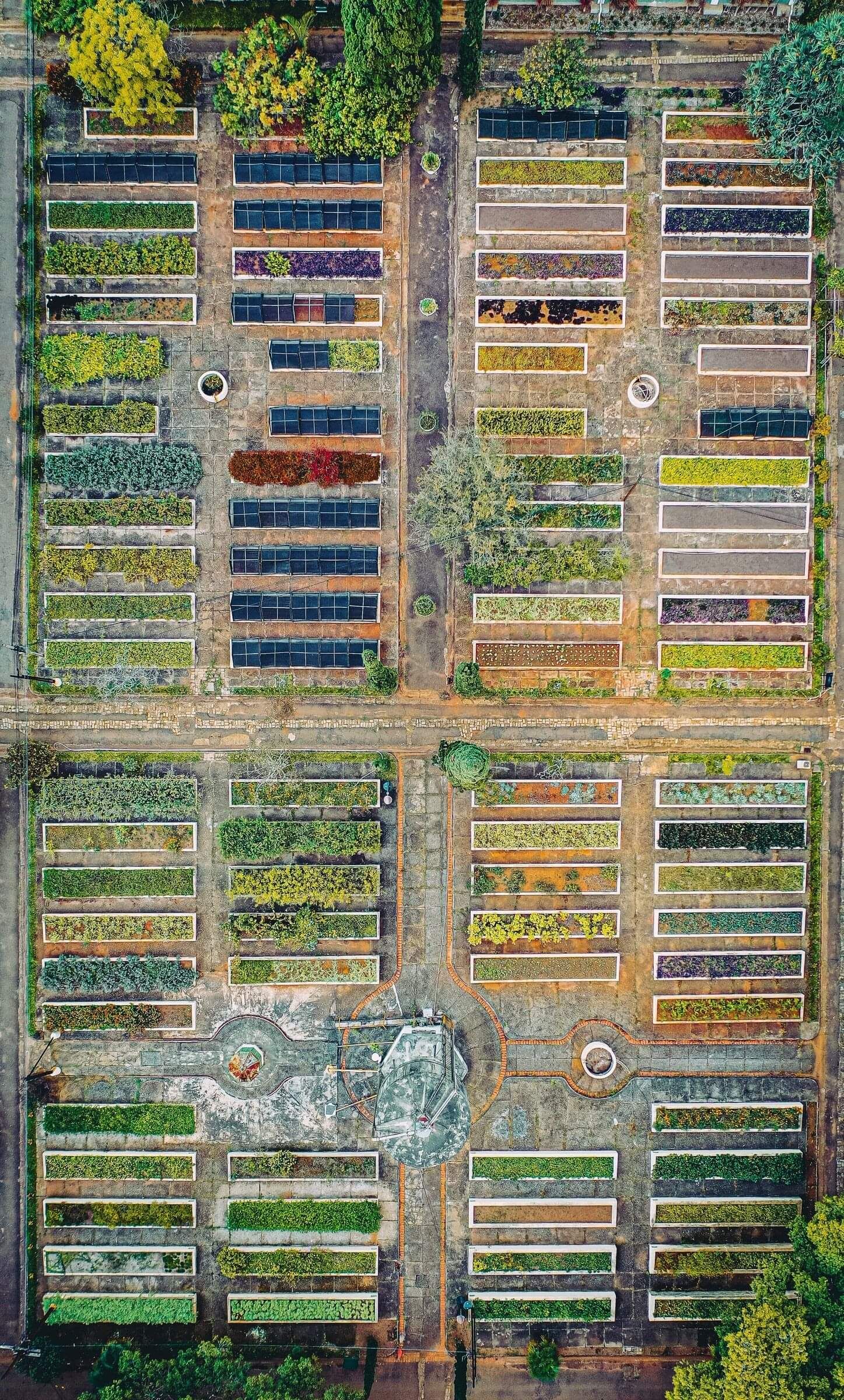
How much biochar do I need for my garden beds?
We recommend you use ideally 10 litres of biochar per square metre for intensively managed garden beds, although you will still see improved results with 5 litres per square metre.
For example, if your garden bed is 3 metres long and 1.2 metres wide, you would want to use between 5x3x1.2 = 18 litres and 10x3x1.2 = 36 litres.
We include a "how to" guide with every biochar order, but it's useful to read this guide too
How much biochar do I need for my compost or worm farm?
Have a look at our cool composting guide by clicking here
How is Char Bro's biochar different?
- made locally in Auckland, New Zealand, unlike other biochars which are sourced from China or other regions across NZ.
- more carbon, less ash - our biochar is handmade to optimised for high carbon content (the good stuff) and open pore structure for best results
- fully pyrolysed - we've done the work to drive out the potentially harmful volatiles so you're left with lovely solid biochar
Are Char Bro's mixes organic?
Our biochar and mixes are made from all natural ingredients, are spray free and use no synthetic fertilisers. We don't have organic certification yet.
The vermicast in the biochar vermicast mix is made from kitchen scraps which are partly organic and partly non organic, so wouldn't meet organic standards. You can use compost biochar in your worm farm - your worms will love it!

How can I be part of reversing climate change?
Here's 10 ways
1. Connect with and support likeminded people who care about making a positive difference - acting local and thinking global
2. Investing in educating yourself with quality information from places like Project Drawdown and the Pachamama Alliance helps you understand if activities are products are truly sustainable (it can be done forever), or it's just less damaging than bad options, or worse, damaging greenwash
3. Share your passion, encouragement and empowerment with others
4. Understand your climate impact from your personal activities in CO2 (eq), and find ways to hold yourself, your investments and your votes accountable
5. Ask companies and government about making better options more available
If you must buy, buy with the circular economy and waste hierarchy in mind
6. Ask companies to show how their work is sustainable for climate and ecology, then get a second opinion
7. Plant a tree. Better yet, discover how you can plant a forest and find a way to keep it standing forever.
8. Ask for help if you feel stuck or overwhelmed
9. Recharge and seek inspiration
10. Be brave, we're with you! :)
What's the difference between biochar, agricultural charcoal, horticultural charcoal, activated carbon, charcoal and biocoal?
The main difference is its end use:
- Biochar's final destination is in the soil or other carbon sinks. This happens via direct application as a soil amendment, or through being fed to animals which then leave droppings on the soil, or by being included in other materials such as concrete, asphalt or more exotic materials. Biochar is made from biomass (usally wood, but can include anything that was once alive)
- Agricultural and Horticultural charcoal is a form of biochar that has been optimised for use in their respective applications. These biochars should have low or no heavy metals and other contaminants such as plastics.
- Activated carbon is carbon that has been 'activated' with steam or chemicals to increase surface area and reduce the mineral content of the material, leaving a much higher percentage of carbon in the material. Activated carbon can be made from fossil fuel or biomass sources.
- Charcoal is carbon-rich material that is used as either a fuel or a reductant. Charcoal is made from biomass, like biochar
- Biocoal / biocarbon is a charcoal that is made from biomass. Torrefied wood is a form or biocoal
Getting technical
Biochar will have reached at least 380 degrees Celsius during production to start driving off any volatile substances such as creosotes and tars from inside the biomass, leaving a spongy carbon lattice. The best quality biochars for growing are made at over 500 degrees Celsius. At Char Bro, our biochar is all made at over 500 degrees celsius.
Biocoals and charcoals from wood are often made at temperatures lower than 380 degrees and leave in some creosotes and tars to help make lighting the coals easier. It is not recommended to use untested biocoals or torrefied wood for agricultural or horticultural applications because of the risk that these creosotes and tars may present a risk to your animals and plants.
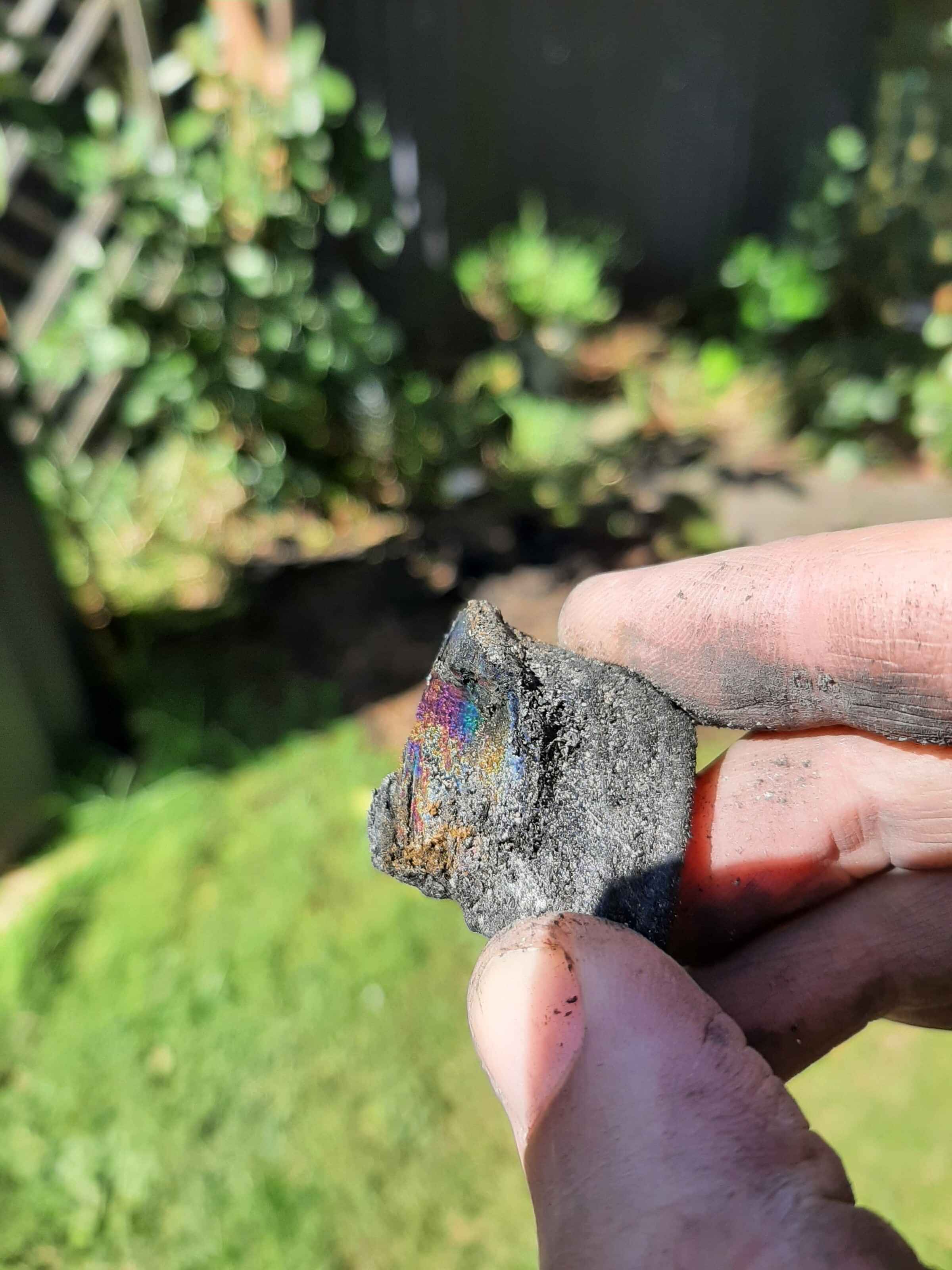
What's the price of biochar in NZ?
Let's be honest here
Biochar usually just looks like black pieces of dirt or charcoal. So how can you tell what's best for what you want to do?
Firstly, it's useful to think of biochar as a category of products because biochar products are not all created equal, and so they have different prices to reflect that. Biochar can also be custom made for a specific purpose as well as mixed with other ingredients to get best results for what you want to achieve.
Factors Influencing Biochar Prices
There are many factors that influence the price of biochar in New Zealand. The key factors that influence the price of biochar are:
- availability, location and price of raw materials
- what else is produced with the biochar, and whether those co-products can be sold
- whether there are special things you want your biochar to be able to do
- the volume, and consistency of demand for specific biochar and co-products
- regulatory requirements
With all of these factors, the price of biochar can vary from hundreds of dollars to thousands of dollars per cubic metre.
What is encouraging is that biochar is being bought by people all across New Zealand. With the right advice, these people's investments in biochar break even in a matter of weeks, or a few months.
Biochar Buyer Guidance
Let us help take the guesswork out buying of biochar so that you get best value with biochar, and that your biochar is There For Good, not just pretty black dirt.
What can I do with the packaging?
Instead of linear "take, make, waste" practices, we believe that all products as temporary stores of resources. Our company seeks to ensure that waste is eliminated by design.
We are helping enable the circular economy for Zero Waste in NZ by closing the loop on products and packaging.
- our buckets are reused packaging from our partners, and we are diverting them from going to landfill.
- if you buy from us, we are also happy to refill your buckets or take them back once you're done with them if they are still in good condition and are free of toxic contaminants
- the tape seal we put around our buckets for postage is natural masking tape and can be composted
- we print on paper sourced from sustainable resources, and this can be recycled
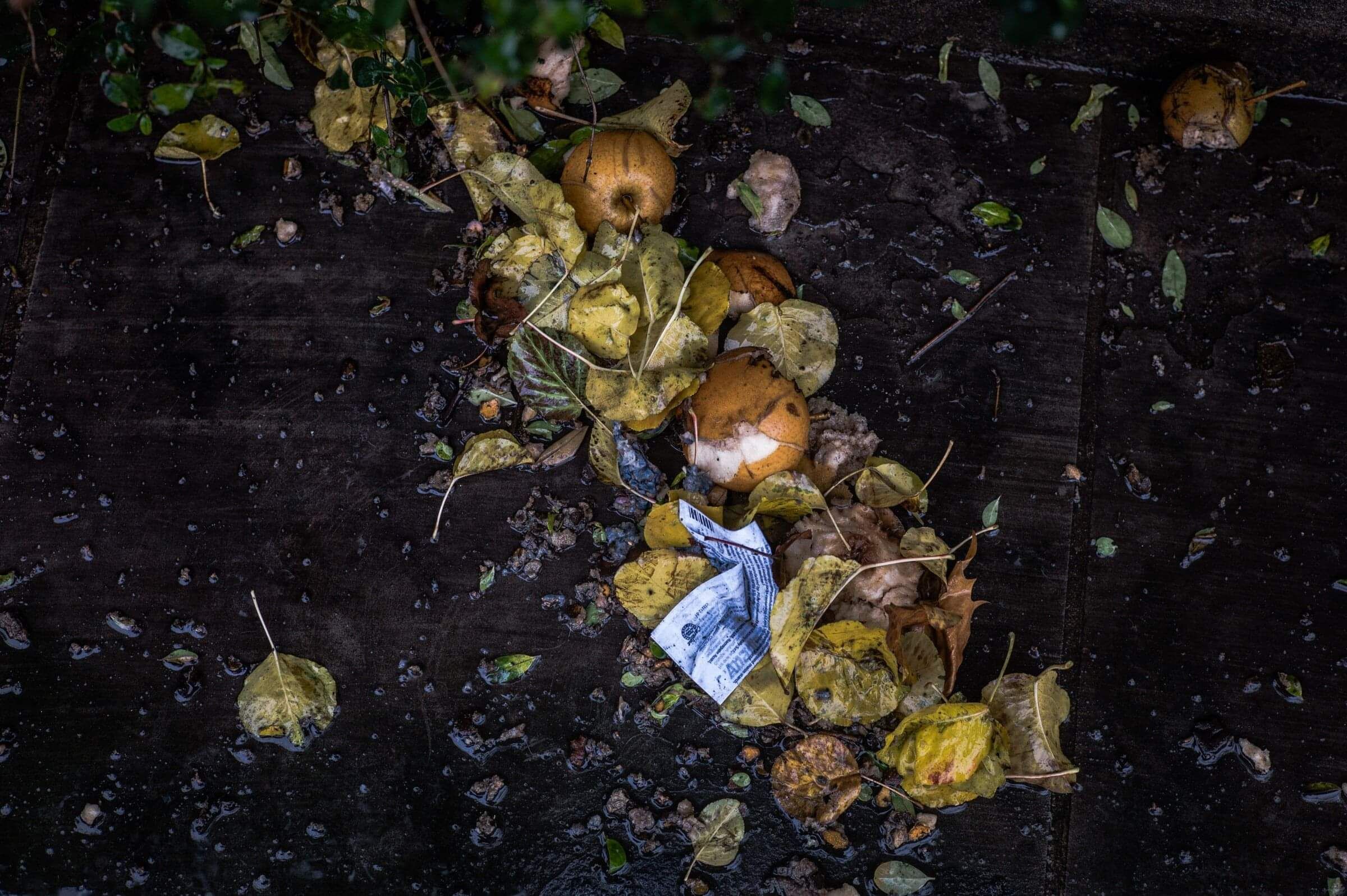
How do I use biochar in my compost?
Biochar and compost were made for each other. Simply mix in biochar at 10% as you make your compost pile, then compost as you normally would, or have a look here for a more in depth look. Nature will do the rest! You can also check out this in depth guide from our friends at Massey University on the International Biochar Initiative website. For expert composters - our biochar will have a C:N ratio of about 100:1
How can I charge and inoculate biochar?
Char Bro recommends pre "charging" biochar as well as inoculating it with beneficial soil life. Without charging first, raw biochar can compete with plants for nutrients and stunt growth. There's lots of ways to do it, but this excellent paper spells out the main principles for you. There are ways to optimise your growing by using the best combinations of selected biochar, nutrients and soil life for your crop. Contact Char Bro for advice on what can work well for your plants.
What soils does biochar work best with?
Biochar works best with soils that have low organic matter content (pale coloured soils), and does really well with sandy soils because it can help increase moisture, soluble nutrient retention
and fertility.
Biochar also works well when mixed into clayey soil because it helps to open up the soil, helping to get the right amount of air and water to your plants.
Biochar also helps silty and loam soils which are low in organic carbon, and is a carrier
of nutrients and home to beneficial microbes.
Still unsure?
Contact us using the form below. We're friendly and happy to answer your questions :)
